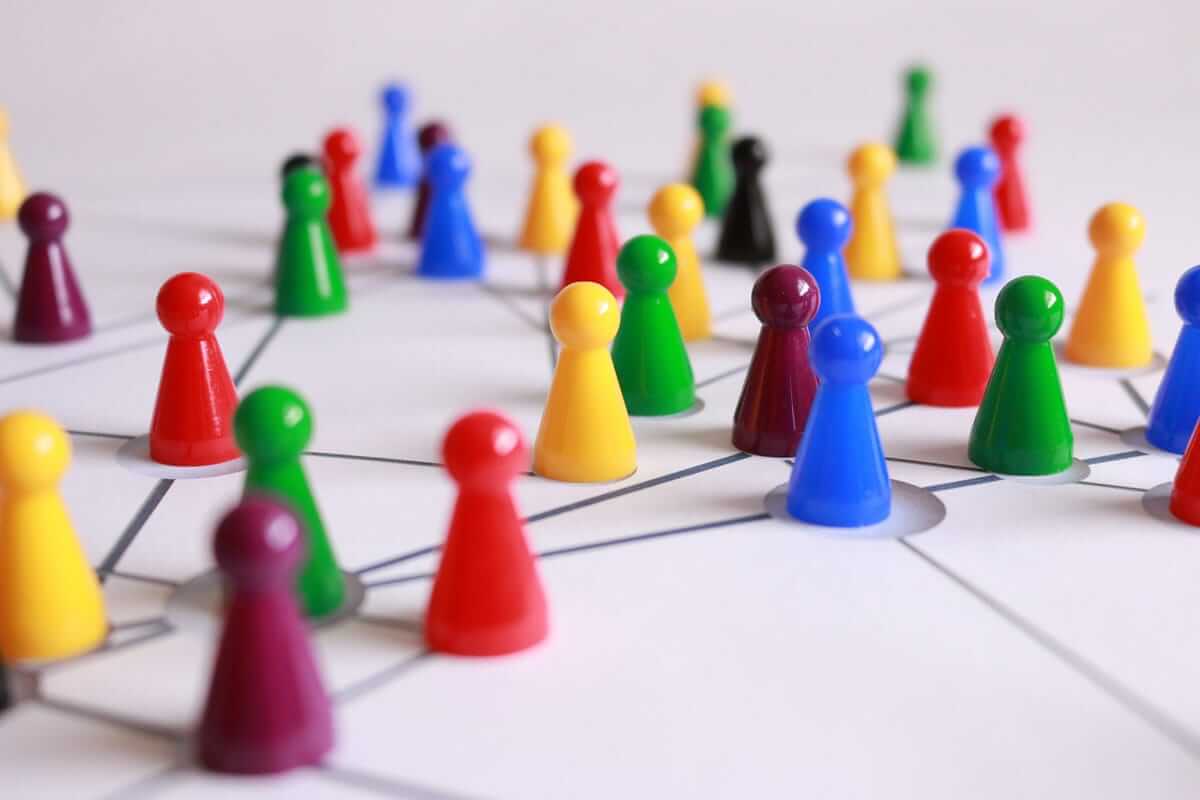In today’s socio-political climate, “ally” is thrown around frequently. But what is the true ally meaning? Is it merely showing support on social media? Or does it encompass a deeper commitment to standing by marginalized communities? This article unpacks this often misunderstood term.
1. More Than Just Words: Actions Speak Loudest
Imagine someone handing you an umbrella when it rains instead of telling you they hope you don’t get wet. That’s what being a real ally looks like. It’s about taking tangible actions that support marginalized groups. This might include attending protests, donating to causes, or actively challenging discriminatory behavior. It’s a hands-on approach, not a passive one. An ally doesn’t just offer comforting words; they roll up their sleeves and stand in the trenches alongside those they support.
2. Constant Learning and Unlearning
Picture a gardener continuously tending to a plant, ensuring it gets the right amount of sunlight, water, and care. Similarly, being an ally requires ongoing education. It involves actively seeking out information, listening to the experiences of marginalized communities, and continuously unlearning biased behaviors and beliefs. This journey of learning and unlearning ensures the ally remains informed and sensitive to the evolving struggles of the community they support.
3. Amplifying Voices, Not Overpowering Them
Think of an ally as the microphone stand, not the microphone itself. Their role is to uplift and amplify the voices of marginalized groups, ensuring their narratives are heard loud and clear. They don’t speak for the community or overshadow their messages; instead, they create platforms and spaces where these voices can take center stage and resonate powerfully.
4. Recognizing Privilege and Using It Constructively
Imagine being handed a flashlight in a dark room. That’s akin to privilege. While it provides certain advantages, how it’s used makes all the difference. An ally recognizes their privilege based on race, gender, socio-economic status, or any other factor. They then wield this privilege to illuminate injustice and inequality, opening doors for marginalized groups and challenging systems perpetuating discrimination.
5. A Commitment for the Long Haul
Intuit states, “Allies are people who actively choose to align themselves with those who are marginalized or disadvantaged with the aim of improving their circumstances in the workplace and world.”
Being an ally isn’t a temporary title one can wear like a seasonal fashion trend. It’s akin to planting a tree, knowing its shade might benefit future generations more than oneself. Allies are in it for the long game, committed to supporting and fighting for equity, even when it’s no longer “trending” or convenient. Their dedication isn’t fleeting; it’s deeply rooted in a genuine desire to see a more inclusive and just world. Also check Male Reality Calculator.
In sum, the essence of being an ally is multi-faceted. It’s not about self-gratification or merely jumping on a bandwagon. It’s a profound commitment to uplifting, supporting, and championing the rights and voices of marginalized communities. It requires self-reflection, continuous learning, and a willingness to use one’s resources and privileges for the greater good. When someone calls themselves an ally, it’s essential to remember the weight and responsibility this title carries. Being an ally is a journey filled with challenges and growth, but its heart lies in genuine solidarity and an unwavering desire for a world where everyone can thrive.

















